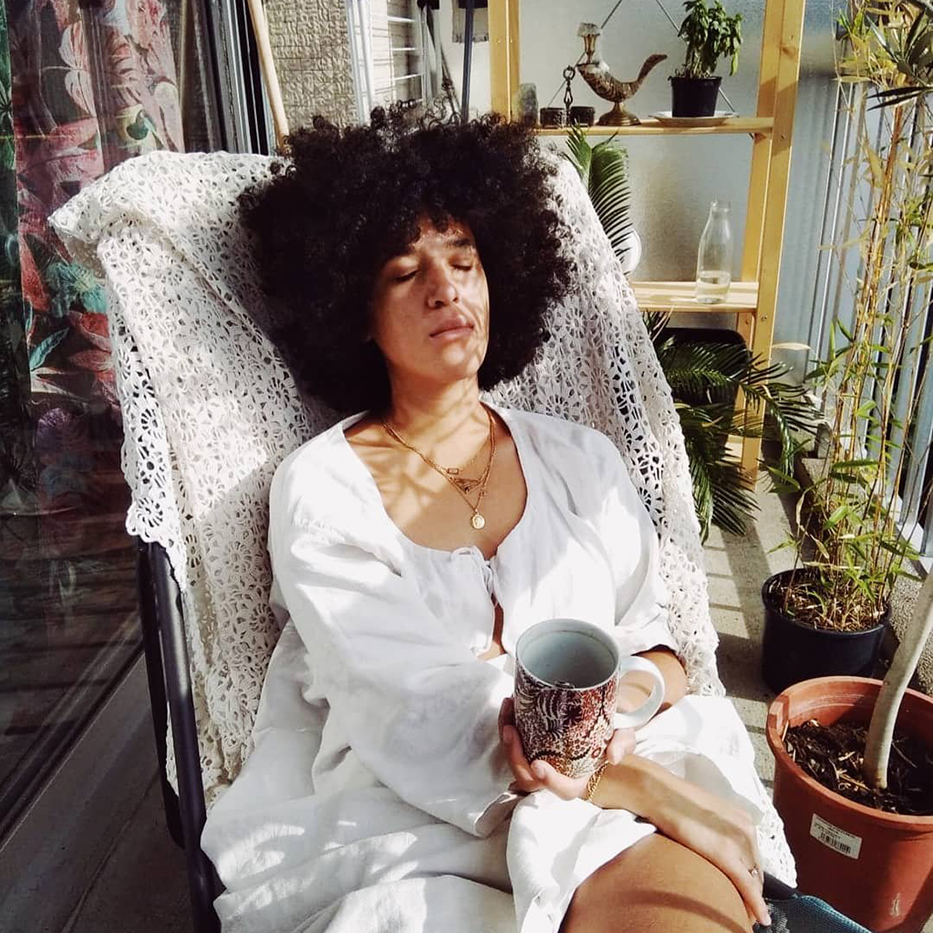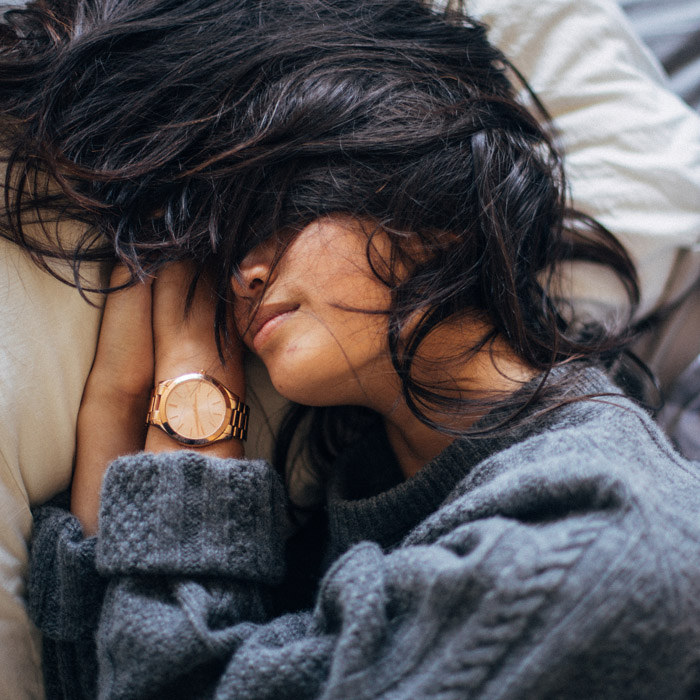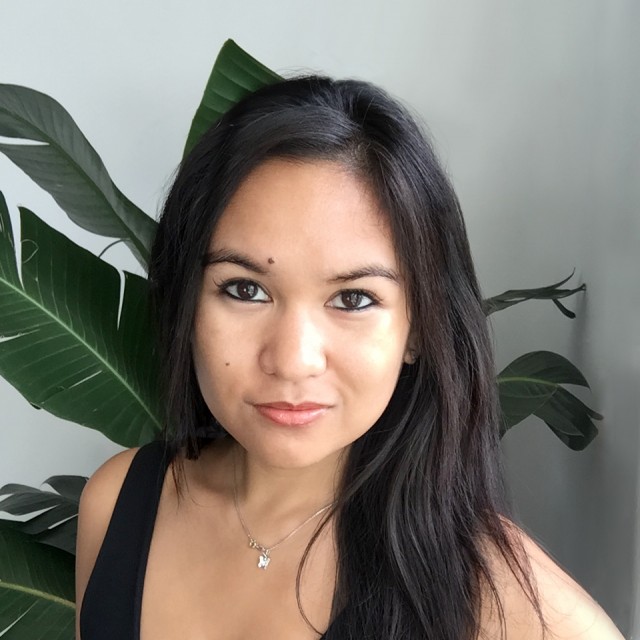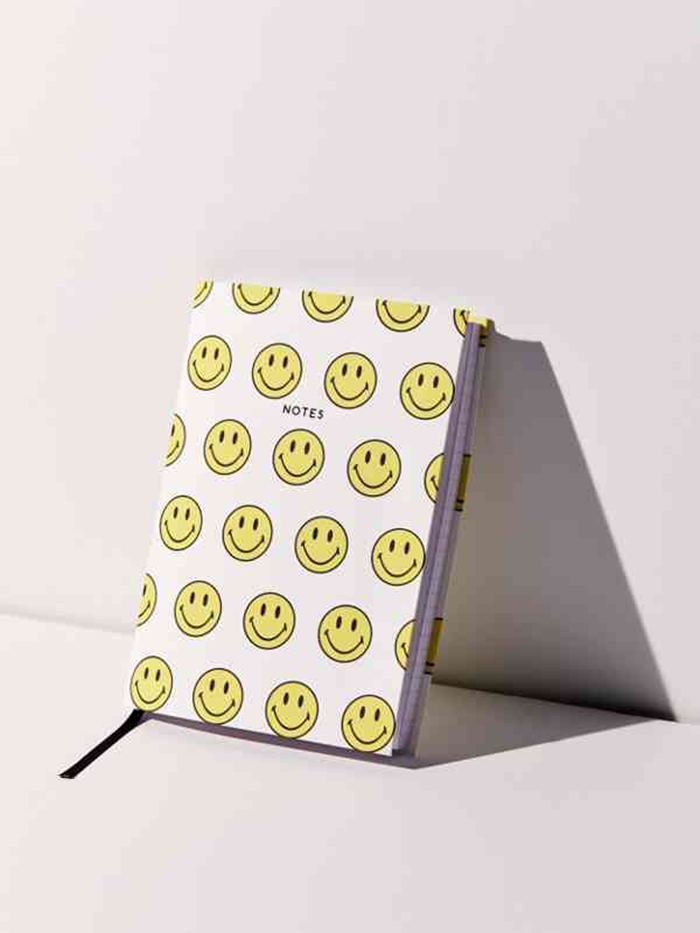How to Start Remembering Your Dreams Again, According to 2 Sleep Experts


Growing up, my mom mandated that I take naps on the weekends and that I share my dreams with her. (Mothers know best, I swear.) This ritual faded away as I started middle school, and now as a working 25-year-old living in New York City, I can't really remember my last vivid dream let alone when I had a really good night's sleep that wasn't induced by a late night out. It turns out I'm not alone. According to an article from The Cut, we're experiencing a "dream deprivation" epidemic.
"Tens of millions of people are having their dreaming suppressed on a nightly basis," says Rubin Naiman, a clinical assistant professor of medicine and the sleep and dream specialist at the University of Arizona's Center for Integrative Medicine. "That doesn't necessarily mean that people aren't dreaming at all. It means that the quality of their dreams are being compromised and that's the result of lifestyle."
Naiman's paper, Dreamless: The Silent Epidemic of REM Sleep Loss, the study referenced by The Cut, sparked the conversation on what it's like to lose not only the ability to sleep well but to dream well too. "There is overwhelming evidence that as a society we are dreaming significantly less year by year. The frame through which we see the world is very slowly closing in," he says.
Regardless of your stance on what dreams may or may not represent, he says the main concern is our decreasing ability to dream at all. "It's important to remember your dreams, whether or not you interpret them," he says. "The brain and spirit want to dream."

Defining A Dream
To understand why dreaming is important, we have to define what a dream is, which can be difficult, as psychologists and sleep scientists define it differently. Dreams occur during the rapid eye movement (aka REM) cycle when we sleep, and whether they have significant meaning or not is up for debate. "Dreaming is really critical in the breath of consciousness," Naiman explains. "When we dream, we're using 'dream eyes.' We perceive [things] differently. In the dream world, what we call the field of our senses expands. Perception is no longer limited by sense organs or rationality."
We don't always realize we've been dreaming once we wake up, says psychoanalyst Anne Cutler. Everyone dreams during the REM cycle. It's just common for people to not remember. But dreaming functions more than just the ability to open up the way you see things and help you imagine things that aren't possible in the waking world. Naiman says it's a form of soulful healing, like when we talk to a friend or even a therapist about a bad feeling: "Dreaming is a kind of internal psychotherapy. When we dream well, difficult and negative emotions are processed and well-regulated."
Benefits Of Dreaming
There are plenty of physical health benefits to dreaming, too. "Chronic inflammation underlies all sorts of health problems," he says, adding that it also lowers the risk of getting serious illness. "Dreaming establishes some kind of memory," he says. "People who don't dream well have an increased risk of long-term memory loss, dementia, and Alzheimer's."
But the most important part of dreaming is what it does for our mental and emotional state, Naiman explains. "When we dream, we downregulate and let go of negative emotion," he says. An example he gives is when people go through divorce. He explains that if people dream normally, they'll heal faster. "It's like nighttime psychotherapy," he says.

Societal Impact On Dreams
When I ask him how much society impacts our dreams, he shares this with me. Having worked many years with a shaman and in dream training, he has learned that the location of your dream indicates the depth of it. "In the Northern Hemisphere, when we dream about Latin America, Mexico, and South America, those geographical symbols represent depth," he says. "In other words, the further south we go, the deeper the dream is."
That's where we come to "wake centrism." He explains that this is the consciousness counterpart to ecocentrism, in which we believe our culture is the one that has everything together, and everything out of the societal norm is considered to be too weird to understand. "If we open up to our dreams, we begin to realize there's a whole part of us that has tremendous wisdom, insight, and intuition," he says. "It can help us heal, solve problems, and offer direction."
He even suggests that we've had it reversed all along. "We try to interpret the dream as a subset of waking life. We try to understand the dream as a reflection of waking life, so we subsume the dream. It downsizes the dream," he says. "The dream comes from a much bigger world than waking life. In fact, I think waking life as one kind of dream. So we don't want to interpret the dream in terms of waking life; we want to interpret waking life in term of the dream."

The Solutions
The good news is that not all is lost, as it's very easy to get back to dreaming well. "A dream tries to reinstate itself. Dreaming starts to push its way to the front of [the sleep] cycle," he tells us. So how do we reverse the situation? First, he says we need to recognize the way we suppress dreaming. He calls things that suppress dreams as "dream thieves," and they include having too much alcohol, smoking weed, and medications we take. "You risk damaging REM sleep," he says. "We're not digesting life experiences that we normally would in dreams."
He says that oftentimes, using melatonin will help with REM sleep loss when you have to take that medication but advises you always talk to your doctor first to see if there are alternatives. Another "dream thief" is the technology we use before going to bed. He explains that the blue light emitted from our phones decreases our natural melatonin, which creates a domino effect and throws off our sleeping and dreaming. It's an easy fix by lowering the phone's brightness or simply not using our phones in bed.
Next, he suggests we lie in the grogginess we feel when we wake up. Fun fact: The word comes from the English rum drink "grog" and implies that we wake up "drunk." "It turns out what we call grogginess is an exquisite state of consciousness. It is part sleep, part dreaming, and part waking that has a natural high," he says. "If you want to remember your dreams, don't dismiss grogginess; resume the last position you were sleeping in and do nothing. If you chase the dream with your analytical consciousness, the dream will run away. You just want to lay in the grogginess and have your dreams come to you."
Once that happens, the last step is to bridge the dream images into the waking world. It can mean a lot of things, for example, if your significant other is receptive and open to listening, you can share your dreams with them. You can also start a dream journal. As for the argument that the millennial set might be the most doomed when it comes lack of dreaming, he actually sees it as the complete opposite.
"I think millennials are seeing the world that the previous generation has created and are saying fuck this," he says. "They're also not as crazy [as my generation]. Millennials have a softer place in their world for art and spirituality. They've seen what an exclusive focus on materialism can do. They're coming at it with a new mindset."
Next up: Do these three things before bed to fall asleep faster.
This story was originally published at an earlier date and has been updated.
This article is provided for informational purposes only and is not intended to be used in the place of advice of your physician or other medical professionals. You should always consult with your doctor or healthcare provider first with any health-related questions.

Kate Moss. She's the OG beauty chameleon.
Who are your 5 favorite people to follow on Instagram?@zoeisabellakravitz @bellahadid @emrata @beautifuldestinations @bookofthemonth
What's the beauty essential you can’t live without?Eyeliner. People sadly look at me strangely (or share concern over my well being) when I don't wear it. My go-to is the Marc Jacobs Beauty Highliner Gel Eye Crayon Eyeliner in black.
What's your desert island album?The Weeknd's Starboy.
What's your favorite Byrdie.com story?Game of Thrones Star Nathalie Emmanuel on Fame, Fear, and Her Iconic Hair. It's such a great profile on her and it almost made me want to start watching Game of Thrones.
